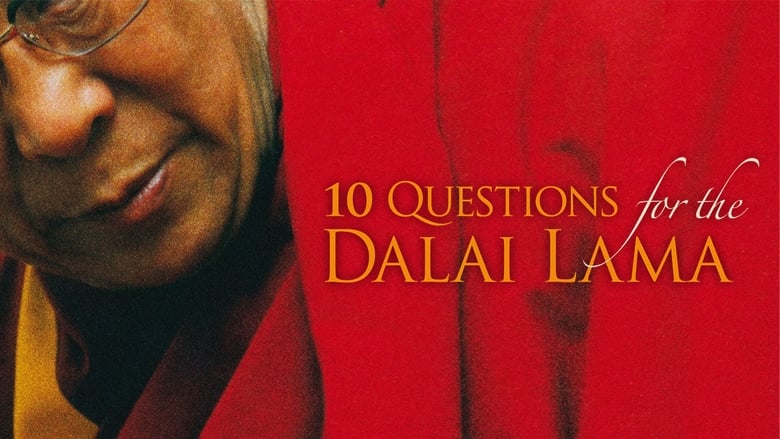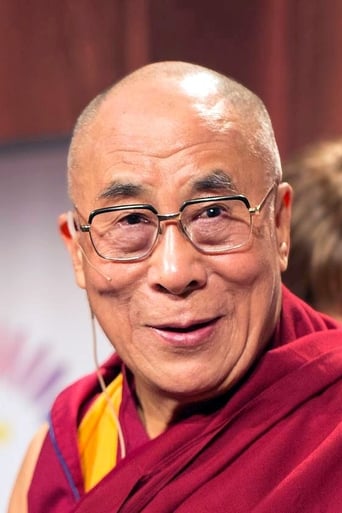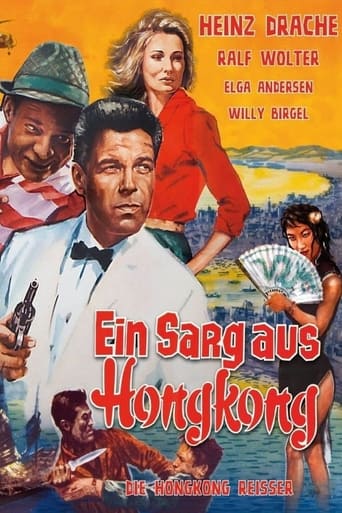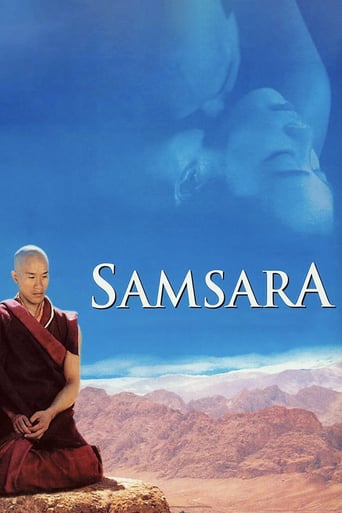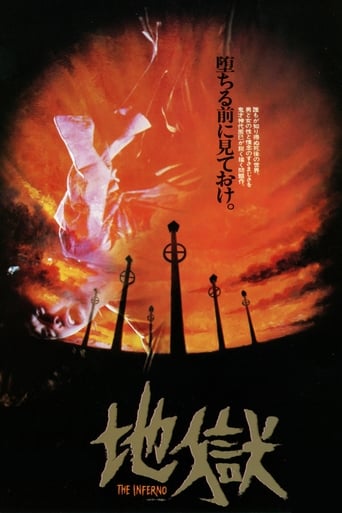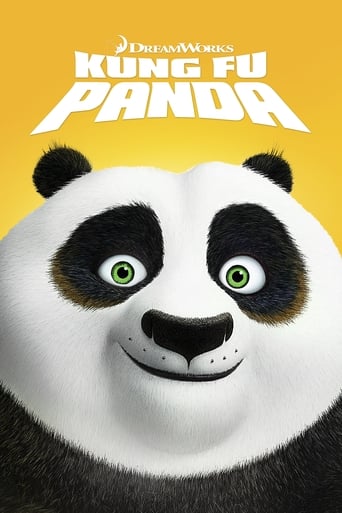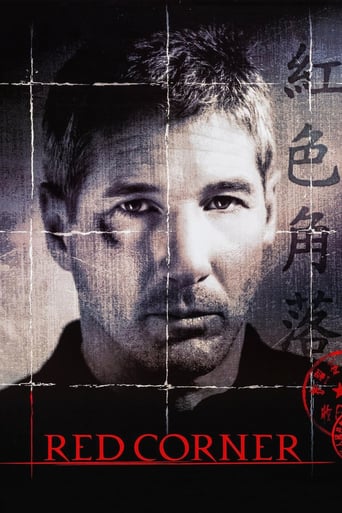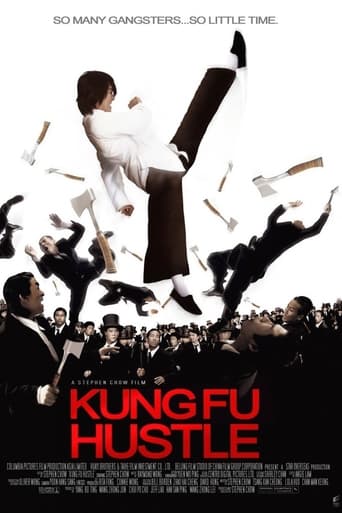10 Questions for the Dalai Lama (2006)
How do you reconcile a commitment to non-violence when faced with violence? Why do the poor often seem happier than the rich? Must a society lose its traditions in order to move into the future? These are some of the questions posed to His Holiness the Dalai Lama by filmmaker and explorer Rick Ray. Ray examines some of the fundamental questions of our time by weaving together observations from his own journeys throughout India and the Middle East, and the wisdom of an extraordinary spiritual leader. This is his story, as told and filmed by Rick Ray during a private visit to his monastery in Dharamsala, India over the course of several months. Also included is rare historical footage as well as footage supplied by individuals who at great personal risk, filmed with hidden cameras within Tibet.
Watch Trailer
Free Trial Channels
Cast


Similar titles
Reviews
Just what I expected
Highly Overrated But Still Good
n my opinion it was a great movie with some interesting elements, even though having some plot holes and the ending probably was just too messy and crammed together, but still fun to watch and not your casual movie that is similar to all other ones.
It's the kind of movie you'll want to see a second time with someone who hasn't seen it yet, to remember what it was like to watch it for the first time.
Documentary filmmaker Rick Ray was given forty-five minutes, and a limit of ten questions, with His Holiness the 14th Dalai Lama of Tibet.Instead of going the safe route of simply filming the interview, Ray does a brief recap of the tumultuous life of the religious leader, helpfully comparing his stature among his people as equal to Jesus Christ residing in the White House. The Dalai Lama is currently in exile in northern India, and to prepare for the interview, Ray immerses himself in the Buddhist experience, travelling across the country and encountering the poorest citizens along the way. China has been brutal to the country of Tibet in the past few decades after invading and conquering it with little resistance, eventually turning it into a cheesy tourist attraction for its people, and one question that is bothering Ray is "when is non-violence no longer an option?"By the time Ray sits down for the interview, he decides to cover many other wide-ranging topics: why do the poor seem happier than the rich, how important is the preservation of culture and religion, what can a Far East Buddhist leader do about the tumult in the Middle East, and the Dalai Lama's similarities to another pacifist- India's Gandhi.The Dalai Lama is a very soft-spoken and intelligent man, answering the questions without condescending to Ray. I like that in the face of the evils of the Khmer Rouge, or Hitler, you can practice non-violence but still protect oneself from immediate physical threat. You don't have to be a pushover. Likewise when dealing with China. The Dalai Lama says to engage the Chinese, not isolate them. He saw first-hand what the overpopulated country is capable of when dealing with his former country. As in politics, some religious people suffer from selfishness, which can taint one's outlook on the world. He also mentions overpopulation, preferring quality of life to quantity. He would know, dealing with two of the most populous nations on the planet.Technically, Ray gets great use out of archive footage, and sometimes shows the Dalai Lama in a less than favorable light. He doesn't trash the leader, but he does mention the initial capitulation to China, and even some trivial facts (like how the Dalai Lama doesn't like festivals that center around and praise him). Ray has made a few documentaries from different locales in the world, and this experience helps this film. It is more than a filmed audience, and thankfully more than a breathless sanitized travelogue. Not enumerating the questions and walking the viewer through them helps, letting the Dalai Lama get his points across uninterrupted. I also liked the honesty of the Lama's personal secretary."10 Questions for the Dalai Lama" is a fresh look at a subject who has been covered by too many basic cable television biography shows in the past. If it makes the viewer want to know more about the man and the religion, then I think it has done its job.
The 10 Questions for the Dali Lama by Rick Ray: In the movie, Rick Ray has set up an interview with Tenzin Gyatso, the fourteenth Dali Lama. Before the interview, Rick Ray has a lot of time to discover the land that the Dali Lama grew up in and ruled, Tibet. The Chinese have always had a rivalry with Tibet because they think they own the land, even though the Tibetans disagree. This movie shows the rich history behind the silly laugh of the Dali Lama. The Dali Lama will tolerate no violence in his name and just wishes to remain in a remote area, where everything concentrates on spiritual practice. Rick Ray asks the Dali Lama only 10 questions and discovers why the Dali Lama deserved the famous Noble Peace Prize. While watching this movie, I enjoyed the marvelous quality of the facts about the 14 Dali Lamas, and the war between the Chinese and Tibet. I definitely understand the point of the war now, and also hold a grudge against China. Even though some of Tibet's traditions have been taken out, it was very interesting to watch the ones that still live on to this day. Although the content was very rich, I found the filming quality of the movie, especially in the interview, was very poor and not professional. The sound quality was also not very good, and some scenes in the movie were quite dull. Overall, it was very informative and would recommend it for anyone wanting to learn about Tibet's History and the Dali Lama.
This documentary was excellent. I suggest this to all people regardless of religion because the Dalai Lama turns out to be quite a remarkable man. Also if you are a history buff then this one will be for you. If you do watch the history channel often this documentary plays out much like others of its kind, but it also keeps your attention. Hearing the Dalai Lama speak and the way he interacts with dignitaries (such as Bush, Army Generals etc.)is just awesome. I do love the fact that he reminds me of Yoda with his laugh. After you watch it you'll know what I mean! I have no downside to this documentary, a man who is granted a limited amount of time to speak with the Dalai Lama does just that, the questions are good and the answers are excellent.
This movie is a documentary about Tibet and the life of the Dalai Lama. It gives a view of who the Dalai Lama really is, told through both archival footage and questions that are asked directly to him during an audience. The questions mostly inquire into the Dalai Lama's opinion on the conflicts in the world, but also deal with finding happiness on a personal level and on a more global level.Despite the very serious matter (a people in exile, suppression, suffering and loss of a whole culture) the movie - actually the Dalai Lama's strange but contagious laughter - still manages to put a smile on your face. And more importantly, it (he) makes you think.While the documentary has an indie look and feel to it (I suppose it didn't have much of a budget), I certainly recommend it to anyone who wants to know who the Dalai Lama really is, as a person.


